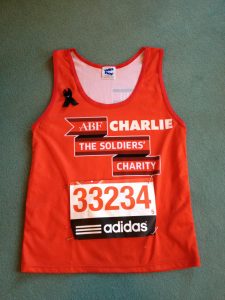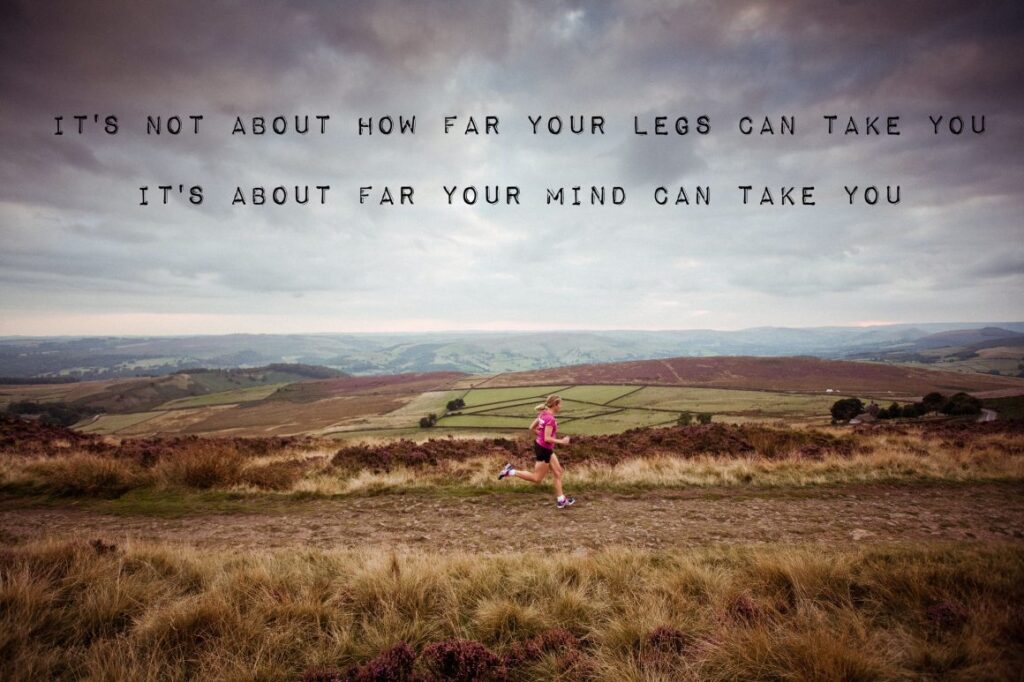This year we won’t be training for a marathon but that’s not to say we haven’t had our fair share of long runs. We know how hard they can be both physically and mentally so if you’re struggling then here’s our guide to surviving those miles.
Stop at 20
If this is your first marathon, then 20 miles is far enough for your longest run. You can rest in the knowledge that if you can run 20 miles then you can almost certainly run a marathon. Don’t be tempted to run any further, you could potentially increase your risk of injury and almost certainly prolong your recovery time. Seasoned marathoners may prefer to run up to 22 miles.

Prepare for race day
Towards the middle of your training select a couple of long runs to act as ‘dress rehearsals’ for the big day. Get up and start running at the same time you will on race day. Eat and drink what you’ll eat on the day before, the morning of and during your race. Hopefully your training will start to pay off and you’ll get the results you were hoping for an put a little spring in your step.
More miles = More food
Upping your mileage without increasing food intake could hinder your performance. Don’t fall into the trap of thinking that all that extra mileage could be a great way to shift a few unwanted pounds left over from Christmas. Intense training on insufficient calories could result in overtraining i.e. decreased performance, fatigue, reduced motivation and an increased risk of injury or illness.
There are a number of schools of thoughts on how best to fuel your marathon training i.e. carbohydrate vs protein vs fat. Whichever nutritional strategy you chose, make sure your diet matches your training. If you’re new to marathon training, chances are you will be mostly focused on fuelling your training through carbohydrates. Carbohydrates often get a bad press, but adequate intake is required to maintain muscle glycogen levels during intense training. During marathon training aim to consume between 7-10 g for each 1 kg of body weight per day i.e. for a 60kg runner you’d be aiming to consume 420-600g daily.
Stay hydrated
You’re likely to lose up to 1500ml fluid per hour through sweating whilst out running so it’s essential to hydrate before, during and after long runs. Aim to take on board no more than 300 ml prior to running or you’ll need a pee soon into your run. Take on board a carbohydrate based drink during the run which may extend/improve your performance. You should be looking at drinking 800 ml per hour whilst running and a further 500 ml when you get home.
 Find a distraction
Find a distraction
As hard as it sounds (just ask my husband!), find something other than your run to focus on. If you are constantly looking at your garmin and counting down the miles or time then chances are it will almost certainly be accompanied by negative emotions. Shift your focus to something else or break down your run mentally into smaller achievable sections of time or distance. Running for long distances can often be a great opportunity for some blue sky thinking or problem solving so who knows you may even have a Eureka moment!
Still struggling? Take a tip from the pro and count to 100. Paula Radcliffe survives those miles by counting over and over again.…..
Banish the boredom
Never has there been a better way to get yourself round a 20 mile run then chatting your way round! Doesn’t matter if you’re the one chatting or the one being chatted to, either way the run should hopefully fly by. This is your opportunity to put the world to rights! If you find yourself running solo then think about running with headphones and listen to music or podcasts.
Vary your route
Running regularly during marathon training can lead to boredom if you are not varying your routes. For longer routes head further afield to disused railways such as Monsal or Tissington trail, Ladybower reservoir or Chesterfield canal. Mix up the terrain as well as there are huge gains to be made training off road for a road marathon.
 Reward yourself
Reward yourself
A glass of wine, a meal out, a sports massage, whatever it is that keeps you going, make sure you reward yourself!
Most of all enjoy those miles, they’ll be worth it in the long run!
Next month we look at overtraining and how to spot if you are doing too much.
Charlie



